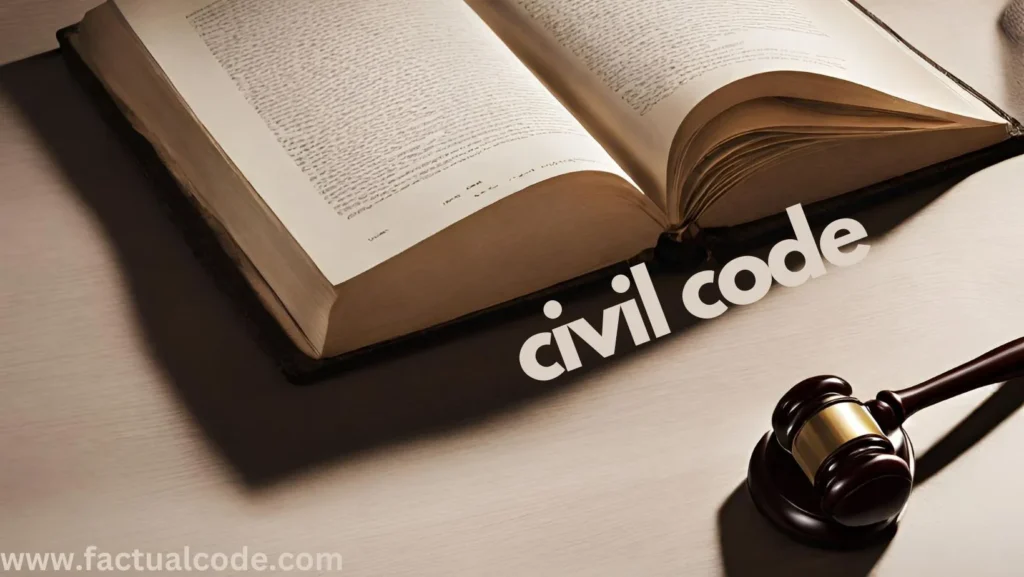Introduction
Pleadings form the backbone of civil litigation, serving as the written foundation of a lawsuit. Governed by Order VI of the Code of Civil Procedure, 1908 (CPC), pleadings streamline disputes by focusing on material facts and excluding irrelevant details. This ensures clarity, efficiency, and adherence to the principles of natural justice. Pleadings primarily include the plaint (filed by the plaintiff) and the written statement (filed by the defendant), which collectively outline the case’s claims and defenses.
Fundamental Rules of Pleadings
The golden rules of pleading, as outlined in Order VI, Rule 2 of CPC, emphasize the essentials of effective pleading. These rules aim to maintain brevity, relevance, and precision, ensuring justice without procedural delays.
1. Facts, Not Law
- Rule: Pleadings must state facts, not legal arguments or conclusions. It is the court’s duty to apply the law to the facts presented.
- Case Law:
- In Kedar Lal v. Hari Lal, the Supreme Court clarified that parties are required to present the events forming the basis of their claims, leaving the legal application to the judiciary.
- Explanation: This ensures pleadings remain factual and free from unnecessary legal jargon.
2. Material Facts Only
- Rule: Only material facts crucial to the case’s cause of action or defense should be included, avoiding irrelevant or redundant details.
- Case Law:
- In Udhav Singh v. Madhav Rao Scindia, “material facts” were defined as primary facts essential to establishing a claim or defense.
- Explanation: Material facts are indispensable for the effective resolution of disputes.
3. Facts, Not Evidence
- Rule: Pleadings must exclude evidence, focusing solely on material facts.
- Concept:
- Facta probanda: Facts to be proved.
- Facta probantia: Evidence proving those facts (not included in pleadings).
- Purpose: This rule ensures a fair trial and safeguards the integrity of evidence.
4. Conciseness and Precision
- Rule: Pleadings must be brief, clear, and precise while retaining all necessary information.
- Case Law:
- In Virendra Kashinath v. Vinayak N. Joshi, the Supreme Court emphasized clarity and brevity in pleadings without compromising essential details.
- Explanation: Conciseness avoids unnecessary delays and ensures the real issues are addressed.
Amendment of Pleadings
The amendment of pleadings, governed by Order VI, Rule 17 of CPC, allows parties to modify their claims or defenses to ensure justice and address evolving circumstances.
General Rule for Amendments
The court may permit amendments at any stage of the proceedings to determine the real issues in controversy.
Post-Trial Restrictions
- Amendments are not permitted after the trial has commenced unless the matter could not have been raised earlier due to due diligence (Vidyabai v. Padmalatha).
Judicial Guidelines for Permissibility
The Supreme Court in Revajeetu Builders v. Narayanaswamy laid down essential principles for amendments:
- Necessity: Amendments must be necessary for resolving the real controversy.
- Bona Fide Intent: Applications must be genuine and not intended to delay proceedings.
- Avoiding Prejudice: Amendments must not unduly prejudice the opposing party unless adequately compensated.
- No Fundamental Alteration: Amendments must not change the fundamental nature of the case.
Grounds for Refusal
Amendments may be denied if they:
- Introduce an inconsistent case.
- Prejudice the accrued legal rights of the opposing party.
- Are made with mala fide intent or delay the proceedings.
Costs for Amendments
To discourage frivolous or mala fide amendments, courts often impose costs. This compensates the opposing party for delays and inconveniences caused.
Conclusion
The fundamental rules of pleadings and their amendment provisions are indispensable to ensuring justice in civil litigation. These principles streamline disputes, prevent procedural complexities, and allow courts to focus on the substantive issues. Amendments provide flexibility to address new circumstances or rectify errors, but they must be exercised judiciously to prevent misuse. By adhering to these guidelines, the legal system upholds its commitment to fairness and efficiency.
References- THE CODE OF CIVIL PROCEDURE, 1908 Kedar Lal And Anr. vs Hari Lall on 6 March, 1950 Udhav Singh vs Madhav Rao Scindia on 10 October, 1975 Virendra Kashinath Ravant And Another vs Vinayak N.Joshi And Others on 11 November, 1998 Vidyabai & Ors vs Padmalatha & Anr on 12 December, 2008 M/S. Revajeetu Builders & Developers vs M/S. Narayanaswamy & Sons & Ors on 9 October, 2009 lawrato.com www.writinglaw.com blog.ipleaders.in

